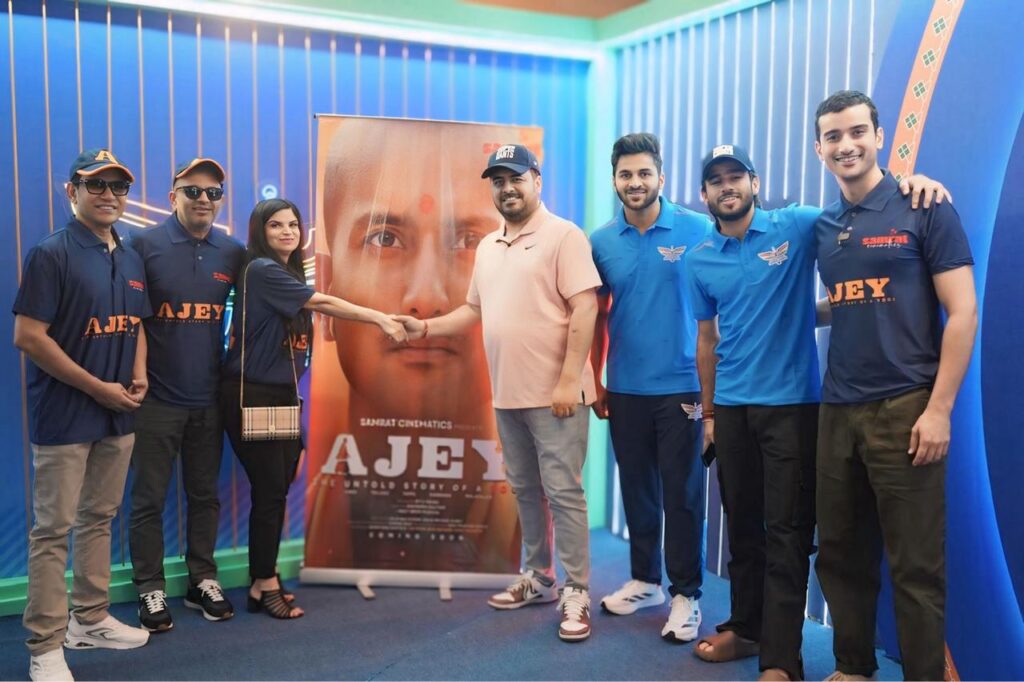May 29, 2025 — In a growing wave of celebrity discontent, renowned actress Tamannaah Bhatia has joined the chorus of public figures raising concerns over Instagram’s opaque and often perplexing algorithm. Following Indian cricket icon Virat Kohli’s recent public complaint about the platform “liking” pages autonomously, Tamannaah has now publicly criticized Instagram for what she describes as “unauthorized” actions that affect user privacy and digital reputation.
The issue came to light after Virat Kohli, a stalwart of Indian cricket, took to social media to express frustration over Instagram’s automated system seemingly endorsing pages he had not personally interacted with. This sparked widespread discussion about the platform’s internal mechanics and their implications for users, especially public figures whose digital footprints are closely monitored.
Tamannaah, acclaimed for her work across multiple film industries, addressed the controversy during a recent interview, stating, “It is quite alarming when an algorithm, supposedly designed to enhance user experience, ends up making decisions on behalf of users without consent. Instagram’s practice of ‘liking’ pages automatically undermines the control users expect to have over their accounts.”
This phenomenon, while technical in nature, has significant repercussions in the realm of digital privacy and brand management. Influencers, celebrities, and everyday users alike rely on social media platforms to curate their public persona meticulously. Automated interactions such as ‘likes’ can inadvertently associate individuals with content or causes they may not endorse, thereby affecting public perception and, in some cases, professional relationships.
Industry experts have noted that social media algorithms function through complex machine learning techniques designed to increase user engagement by predicting and acting on user preferences. However, the lack of transparency in these operations has led to user mistrust. “The balance between algorithmic assistance and user autonomy is delicate. When platforms override explicit user actions, it not only breaches trust but can also lead to unintended consequences,” remarked Dr. Anjali Mehta, a digital privacy analyst.
Instagram’s parent company, Meta, has yet to issue a formal response to these allegations. Nonetheless, the incident has reignited demands for clearer guidelines and greater user control over automated functions within social media apps. The growing backlash illustrates a broader concern about digital ethics in an era where algorithms increasingly shape online interactions.
The conversation sparked by Virat Kohli and Tamannaah Bhatia highlights the evolving challenges social media platforms face in maintaining transparency and safeguarding user interests. It also serves as a reminder for users to remain vigilant about their digital presence and the technologies that govern it.
In conclusion, as social media continues to embed itself into the fabric of daily life, the accountability of platforms like Instagram in managing their algorithms responsibly becomes paramount. Celebrities voicing their grievances are not merely complaining but advocating for a digital environment where user consent and privacy are respected. The unfolding discourse will likely pressure tech companies to reassess and possibly reform how automated features interact with their vast user bases.



